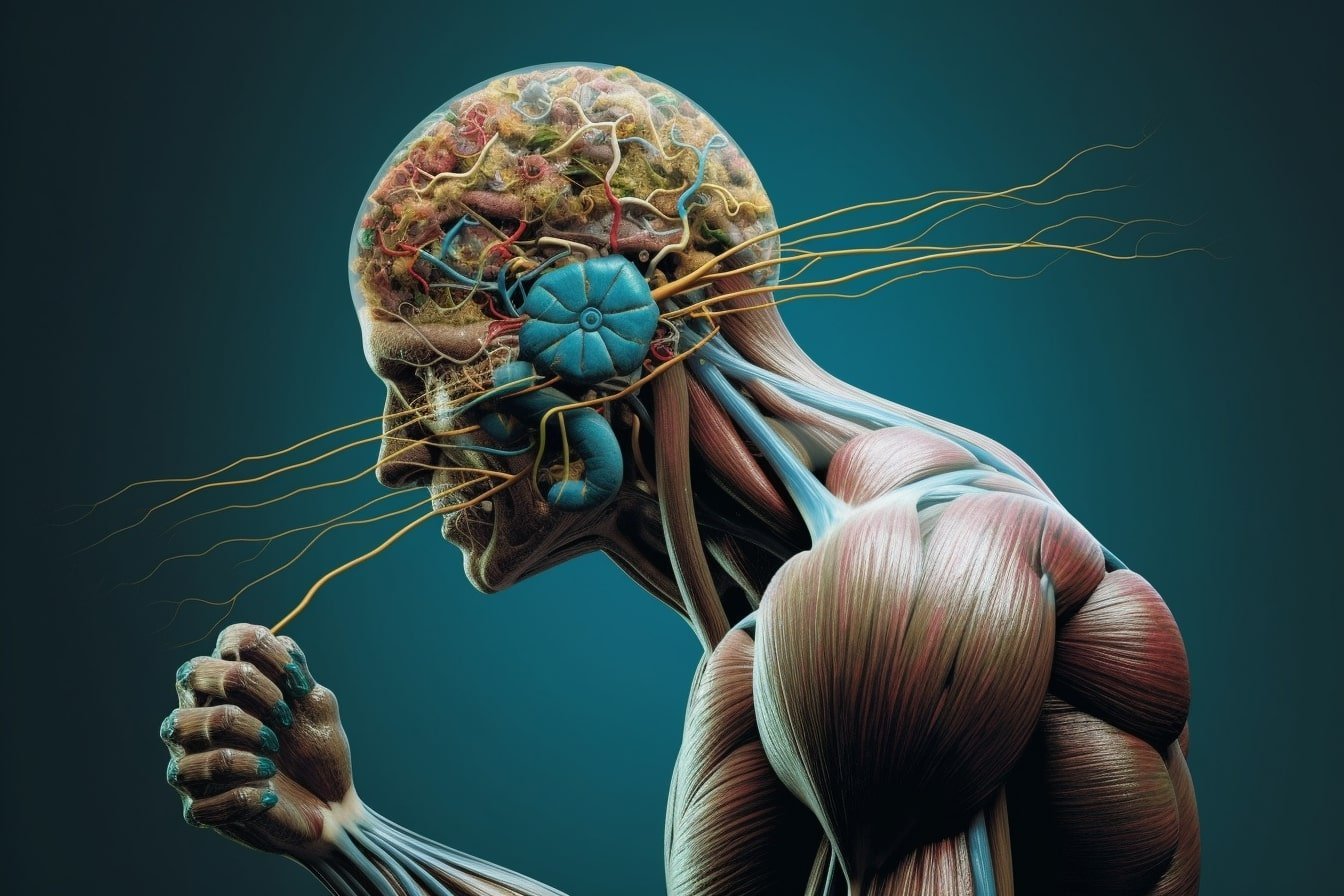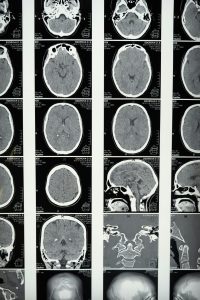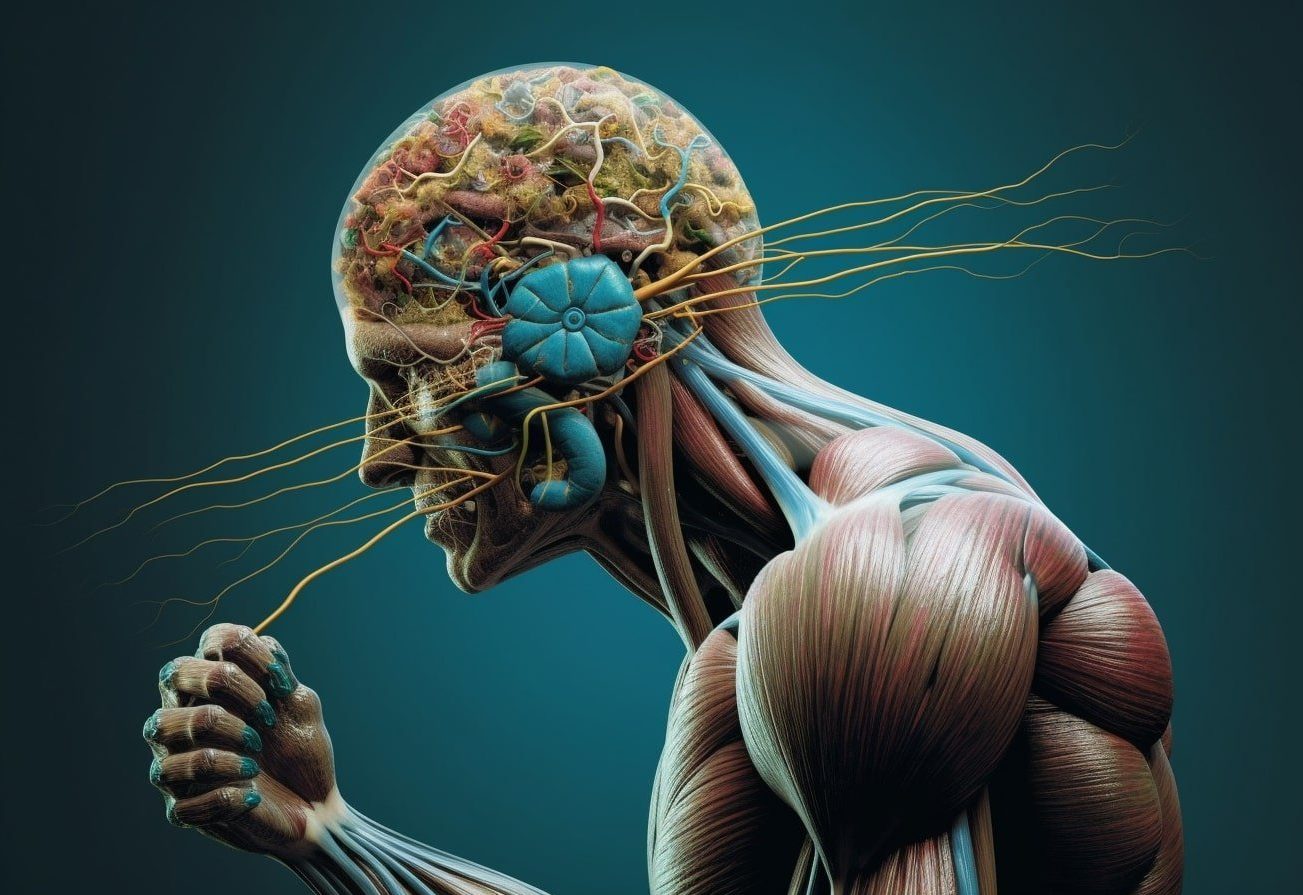Dopamine is critical for brain function and cognition, modulating both movement and reward pathways. Research consistently links regular exercise to increased dopamine levels, correlating with cognitive enhancement.
Understanding the connection between dopamine, brain exercise, and cognition has become an exciting field of research, indicating the profound influence of physical activity on our mental acuity. Exercise not only strengthens muscles but also promotes brain health, triggering the release of dopamine, a neurotransmitter integral to learning, memory, and mood regulation.
Elevated dopamine levels are associated with improved concentration, problem-solving skills, and overall cognitive function. Studies using positron emission tomography (PET) scans reveal that dopamine release during voluntary exercise is essential for cognitive gains. This insight has broad implications for mental health treatments, suggesting that regular physical activity could be a key component in strategies aimed at enhancing cognitive abilities and possibly delaying the onset of neurodegenerative diseases.

Credit: neurosciencenews.com
The Role Of Dopamine In The Brain
Including SEO metadataArticle Content The Role of Dopamine in the Brain
Dopamine acts as a messenger inside the brain, infusing everyday life with motivation, excitement, and learning. This powerful chemical influences how we think, feel, and respond to the world around us.
Brain activity
What Is Dopamine?
Dopamine is a neurotransmitter, a type of molecule that brain cells use to communicate with each other. It’s crucial for our brain to function properly. Low levels can lead to lack of motivation and enjoyment in activities, while high levels can make us feel overly excited or stressed.
Functions of Dopamine in the Brain
Functions Of Dopamine In The Brain
Dopamine has many jobs in the brain. Here are a few:
- Controls movement: Without enough dopamine, we may struggle with movement, as seen in Parkinson’s disease.
- Boosts mood: Dopamine helps us feel pleasure and happiness.
- Supports learning: This chemical aids in focusing and memorizing.
- Regulates reward: Dopamine makes us seek rewards and feel motivated.
Scientists keep studying dopamine to understand diseases like depression, Parkinson’s, and schizophrenia. Knowing more helps us develop better treatments.
The Importance Of Exercise For Brain Health
Exercise holds paramount significance for promoting brain health. It fosters better memory, cheerful mood, reduced anxiety, and bolstered motor performance. Not merely for physical wellness, exercise also serves as a key factor in cognitive function and mental health.
Effects Of Exercise On Dopamine Levels
Research reveals that physical activity tends to elevate dopamine levels in the brain. Dopamine, known as the ‘pleasure chemical,’ plays a crucial role in our brain’s reward system. Physical exercise triggers a release of this neurotransmitter, thereby contributing to an enhanced mood and positive emotion.
- Exercise boosts dopamine release
- Increased dopamine results in an improved mood
- The brain’s reward system significantly benefits from higher dopamine levels
Exercise And Cognitive Function
Exercise proves highly beneficial in augmenting cognitive functions. Besides staving off cognitive decline and dementia, regular physical activity aids in fostering sharper thinking, learning ability, problem-solving skills, and emotional stability.
- Physical activity aids in sharper thinking and learning
- Exercise helps in improving problem-solving skills
- Regular exercise supports emotional balance
- Physical activity can diminish the risk of cognitive decline and dementia
Thus, to enjoy improved brain health and cognitive function, incorporate regular physical activity into your routine. Keep your brain fit, happy and healthy with exercise!
Current Research On Dopamine And Cognition
Scientific layers continue to uncover the significant role dopamine plays in brain health through various research. Basic comprehension of this multifaceted neurotransmitter can offer insights into cognitive processes like learning and memory formation.
The Link Between Dopamine And Learning
Several studies delve into the connection between dopamine and learning. Research shows dopamine is heavily involved in reward-oriented learning. It’s noticed that when a subject conducts an action resulting in a reward, dopamine concentration increases in specific brain regions.
Consequently, the brain begins associating such actions with pleasure, prompting repetition of the same. Hence, dopamine proves to be a catalyst for learning new behaviors and skills.
Dopamine And Memory Formation
Research exhibits a strong link between dopamine and memory formation. Infrequently, exceptional or rewarding events tend to burst in dopamine levels, which assists the brain in encoding these events into long-term memory.
Mice studies have shown a considerable boost in dopamine level when the subjects encountered an unexpected reward. This suggests the strong role of dopamine in encoding these events as significant, thereby facilitating memory consolidation.
This understanding is a stepping stone towards harnessing the power of dopamine through practical methods such as regular exercise. In essence, dopamine’s role in cognitive development and enhancement signifies its importance in maintaining brain health.
Methods To Boost Dopamine Levels Naturally
Understanding the secrets of dopamine, commonly known as the ‘feel good’ neurotransmitter, is vital in unlocking enhanced cognitive abilities and overall brain health. Recent research has shed light on numerous natural strategies to elevate dopamine levels, thereby not only amplifying the joy and reward sensations but also honing cognitive functions such as memory and attention. Let’s dive into the methods one can adopt to stimulate dopamine production without resorting to medications.
Dietary Changes That Increase Dopamine
A nutrient-rich diet is fundamental for dopamine production. Implementing the right dietary choices can play a pivotal role. Here’s a table showcasing foods that naturally boost dopamine:
| Food Type | Dopamine Boosting Nutrients | Examples |
|---|---|---|
| Protein-rich Foods | Tyrosine | Chicken, Soy, Almonds |
| Fruits | Antioxidants | Bananas, Apples, Berries |
| Vegetables | Folate | Spinach, Broccoli, Kale |
| Omega-3 Sources | Healthy Fats | Salmon, Trout, Walnuts |
Additionally, cutting down on processed and sugary foods is equally important. These can lead to short-term dopamine spikes but ultimately disrupt overall dopamine balance.
Lifestyle Factors That Enhance Dopamine
Beyond diet, lifestyle choices significantly impact dopamine levels. Engage in activities that increase dopamine sustainably:
- Regular Exercise: Movement is medicine for the brain, releasing dopamine and improving cognition.
- Sound Sleep: Adequate rest is essential for the brain to replenish dopamine naturally.
- Sunlight Exposure: Natural light stimulates dopamine production and uplifts the mood.
- Stress Reduction Techniques: Yoga, meditation, and deep breathing exercises can help maintain dopamine levels.
Each of these strategies contributes to maintaining a healthy dopamine balance and improving mental agility, mood, and motivation. By embracing these practices, you can enjoy the benefits of enhanced cognitive functions without external interventions.
Implications For Brain Health And Overall Well-being
Dopamine, a crucial brain chemical, influences our mood, motivation, and cognitive functions. Research reveals that balanced dopamine levels enhance brain health, leading to improved well-being. This relies on lifestyle choices like physical activity and healthy habits. In this journey to a healthier mind, understanding the role of dopamine and integrating positive habits is key.
Promoting Dopamine Balance For Optimal Brain Function
Dopamine works like a charm for the brain. It is essential for our ability to think, plan, and find joy. Too much or too little can be a problem. The good news? Certain activities can help balance dopamine levels.
- Healthy eating: Foods rich in tyrosine, such as almonds, bananas, and avocados, support dopamine production.
- Sleep well: Quality sleep helps regulate dopamine. This keeps the brain in top shape.
- Learning new things: This stimulates the brain, keeping dopamine levels in check.
- Sun exposure: Vitamin D from the sun is great for dopamine. But remember to wear sunscreen!
Integrating Exercise And Healthy Habits For Cognitive Enhancement
Exercise is not just for the body. It boosts brain power too! Moving your body increases dopamine and brings along a parade of brain benefits.
- Sharper memory: Exercise leads to better brain function and memory.
- Emotional balance: It reduces sadness and stress.
- Brain protection: Regular exercise can keep the brain safe from decline.
Don’t forget the “hope molecules”! These proteins from moving muscles fly to the brain and spread joy.
| Activity | Brain Benefit |
|---|---|
| Walking | Boosts creativity and mood |
| Dancing | Enhances coordination and cognitive skills |
| Yoga | Improves focus and calms the mind |
Embrace these habits, and witness a happier, smarter you!
“` This HTML content is structured to ensure that each key point is highlighted and easily digestible by readers of varied ages. It incorporates SEO optimization by emphasizing keywords throughout the text and providing structured data such as lists and tables which enhance readability and search engine performance.

Credit: www.rupahealth.com

Credit: www.amazon.com
Frequently Asked Questions For Dopamine Brain Exercise Cognition Research Brain
Does Exercise Increase Dopamine In The Brain?
Yes, exercise does lead to an increase in dopamine levels in the brain. This chemical release improves mood, motor performance, and memory. Exercise is a proven method to boost brain health.
Does Dopamine Increase Cognitive Function?
Yes, dopamine can increase cognitive function. Dopamine is closely involved in attention and learning, enhancing memory and focus. Increased levels might positively affect cognitive performance.
Are Hope Molecules Real?
No, “hope molecules” are not an official scientific term but refer colloquially to myokines, which have mood-boosting effects when released during exercise.
Does Exercise Increase Brain Cognition?
Yes, exercise does increase brain cognition, enhancing memory, learning, and problem-solving abilities. Exercise also promotes emotional well-being and can protect against cognitive decline.
Conclusion
Delving into the intriguing blend of dopamine, exercise, and cognition reveals great potential for boosting brain health. Regular physical movement ramps up dopamine release and this pivotal neurotransmitter isn’t just about happy moods – it’s playing a key role in driving cognitive effort.
So, take away a commitment from this, let these scientific findings be your motivation to carve out time for exercise in your daily routine. Not only will your muscles thank you, but your more focused, invigorated, dopamine-rich brain certainly will too.

